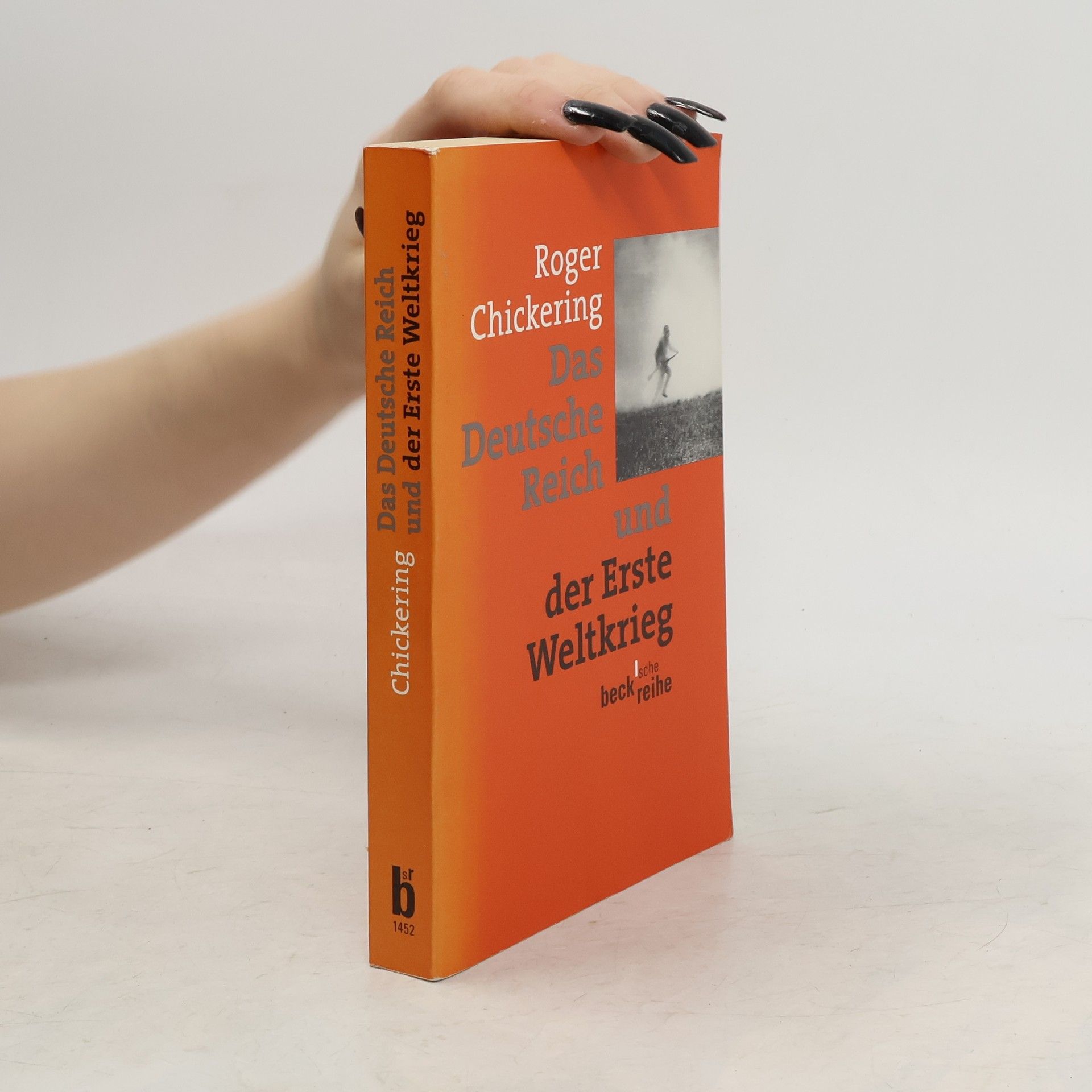We Men Who Feel Most German
A Cultural Study of the Pan-German League, 1886-1914
- 382bladzijden
- 14 uur lezen
The book offers a comprehensive analysis of the cultural factors that contributed to the Pan German League's appeal and its impact during Imperial Germany. It explores the league's influence on national identity and politics, providing insights into how cultural elements shaped its popularity and reach within German society. Through systematic examination, it sheds light on the historical context and significance of the league in shaping nationalist sentiments during that era.

